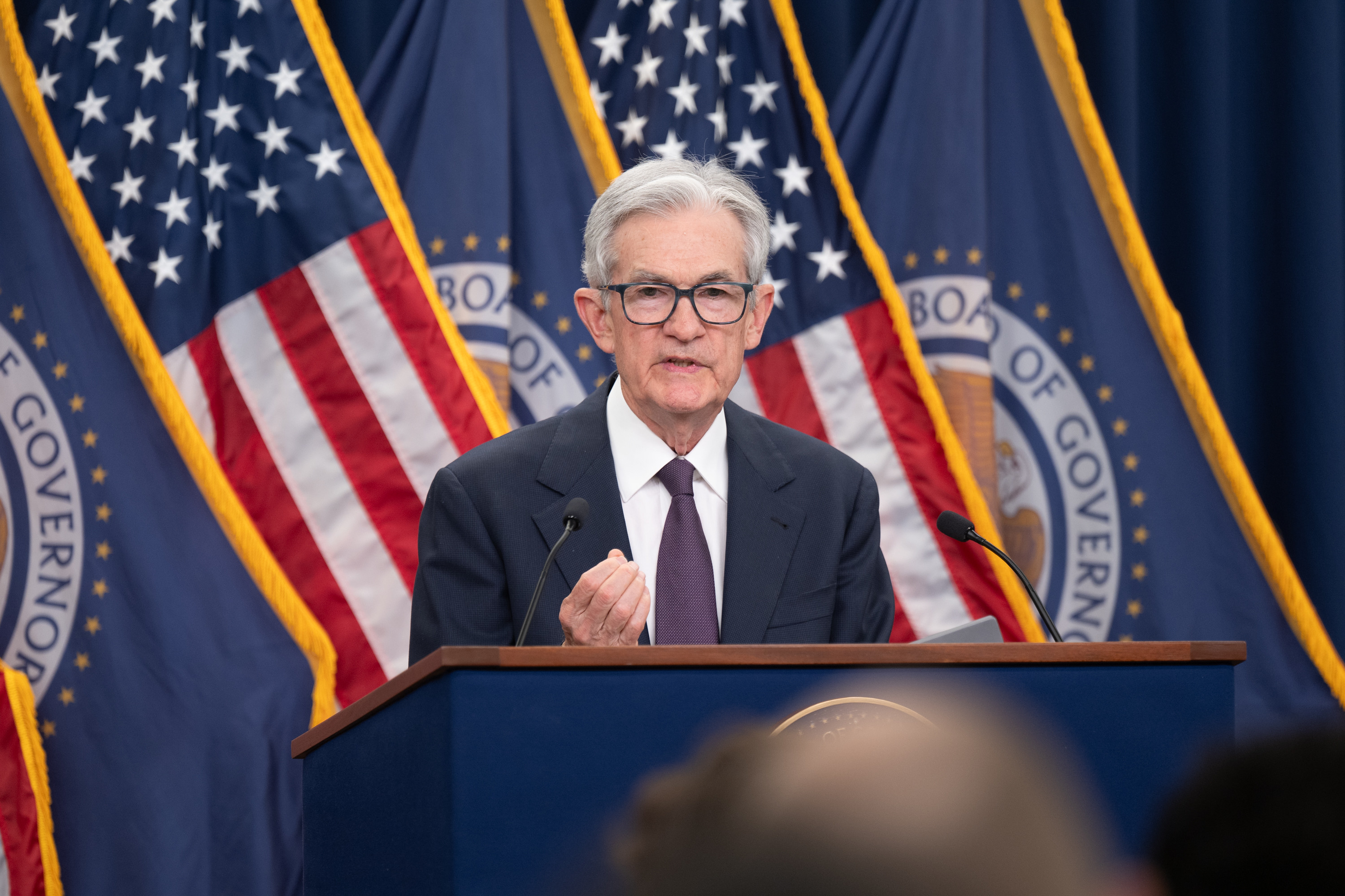This year has seen quite the turnaround in the stock market. With 2022 being characterized by high inflation, recession concerns, and considerable drops in the major indexes, investors were rightly nervous about what 2023 would bring. So far through 2023, it's been much better than many people (myself included) expected.
All three major stock market indexes are up, and many people have declared the stock market has hit bull market territory. This optimism has led investors to return to the market after previously shifting to cash and other fixed-income investments with guaranteed interest.
Whether or not a new bull market is coming, here's one expensive mistake you'll want to avoid at all costs.

Image source: Getty Images.
Don't be tempted to veer off course
Investing should be a long game. If day trading is a 100-meter dash, true investing should be a marathon. Investors who embrace this save themselves a lot of headaches and are better positioned for long-term success. The reality, though, is that remaining disciplined isn't always easy in the stock market.
It's much easier to hold off on investing during bear markets while prices are dropping. After all, why buy shares today when you can get them cheaper later? It's much harder to hold off during bull markets when it seems like the market is printing money. There's a reason why bull markets attract an influx of cash -- nobody wants to feel like they're missing out.
Going all in on rallies may be beneficial in the short term, but it's usually not sustainable. As fast as stocks can rise, they can drop just as fast, and if you got in at the wrong time, you'll be getting the short end of the stick. Just ask a lot of investors who made that mistake during the mid-2020 through 2021 bull market (again, myself included).
Rushing into investments can cause you to invest without doing your due diligence and ignore traditional investment principles. The most common problem is investing while prices are inflated and increasing the risk of sharp declines if the stock market corrects or enters bear market territory. Look at how far some popular 2020 to 2021 bull market stocks have dropped off from their highs over the past three years.

Data by YCharts
These plunges don't speak to these companies' long-term value, but it shows how fast a lot of value can be lost when you're dealing with growth stocks.
Dollar-cost averaging can help with discipline
If you're anything like me, you can sometimes suffer from the fear of missing out (FOMO). It happens outside of investing, but it's magnified when you see people making money from investments or hear about the "next big thing" that people are all in on.
One way I've found to be effective at controlling my FOMO is using dollar-cost averaging. When you dollar-cost average, you invest a fixed amount at set intervals, regardless of market conditions at the time. Ideally, dollar-cost averaging helps you ignore short-term swings in the stock market (bear and bull) because you'll be investing regardless.
A lot of the time, the fewer emotions you have in investing, the better. People assume they can think rationally and time the market, but the problem is that the market itself isn't rational. Even seasoned, professional investors mistime the market -- often.
Instead of going down that path, dollar-cost average knowing you'll sometimes pay when stocks are expensive and vice versa. Just trust that it'll even out in the long haul and save you a lot of stress along the way.





